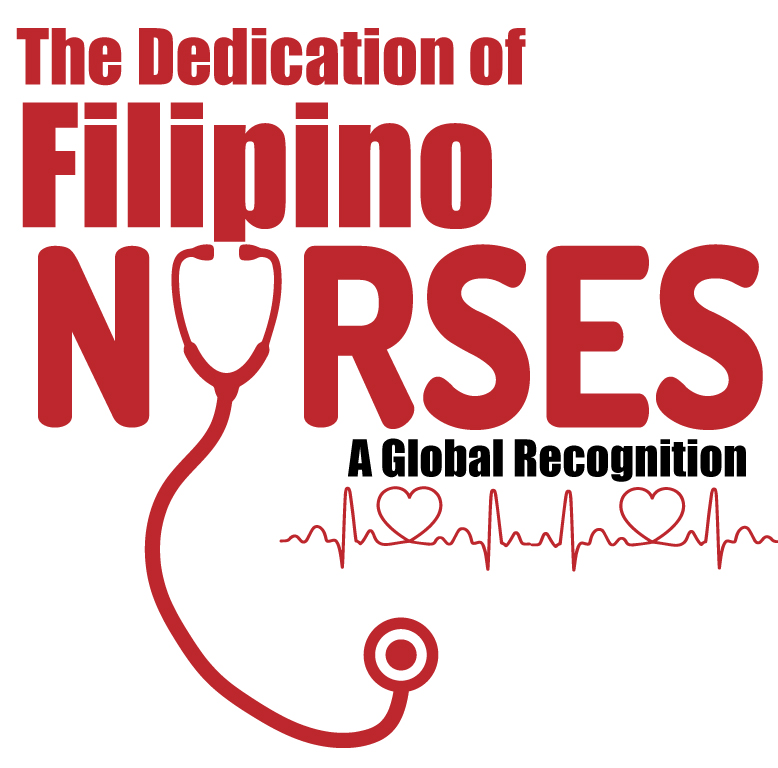
Every morning, as part of my routine, I meticulously ensure that nothing is amiss before leaving my home – appliances turned off, belongings in their designated places. This conscientious practice extends beyond the practicalities of daily life; it’s ingrained in how I approach various facets of my existence. Constantly checking and rechecking has been a way to secure my surroundings. However, recent reflections have led me to a profound insight – the realization that this meticulous approach isn’t just about practical matters; it’s a reflection of a deeper need for inner security.
I’ve come to understand that this quest for external assurance can be applied not only to tangible things but also to how I perceive and navigate life itself. Perhaps, the key to true security lies not in meticulously arranging the external world but in finding a sense of security within myself. This realization sparked a journey of introspection, prompting me to explore the concept of inner security with the guidance of insights from esteemed psychologists and philosophers.
1. Maslow’s Hierarchy of Needs: Maslow’s Hierarchy of Needs serves as a foundational guide, asserting that security is paramount for self-actualization. Beyond basic safety, addressing psychological security through practices like mindfulness and financial planning fosters an environment conducive to self-discovery and fulfillment.
Example: Implementing a structured routine that includes self-care practices, combined with financial stability, forms a comprehensive strategy. This not only ensures physical safety but also reinforces a profound sense of psychological safety, allowing for a more stable foundation for personal growth.
2. Viktor Frankl’s Logotherapy: Viktor Frankl’s Logotherapy introduces the idea that finding meaning in life serves as a wellspring of inner strength. Aligning actions with a higher purpose transcends challenges, providing a profound sense of security even amidst adversity.
Example: When confronted with setbacks, embracing a logotherapeutic mindset involves not merely overcoming obstacles but also extracting meaningful lessons from adversity. This process anchors actions in core values, fostering a deep sense of purpose that acts as a constant source of inner security.
3. Stoicism and Epictetus: Epictetus’ Stoic philosophy advocates for cultivating an internal locus of control, focusing on thoughts and actions within one’s power. This philosophy enables individuals to discover security amid external uncertainties, promoting resilience and steadfastness.
Example: In challenging situations, applying stoic principles involves acknowledging external factors beyond control and redirecting energy toward maintaining composure. By focusing on personal agency and the things within one’s control, individuals build a resilient inner core that contributes to long-lasting inner security.
4. Carl Rogers’ Self-Actualization: Carl Rogers’ humanistic psychology highlights self-actualization as the realization of one’s full potential. Nurturing a secure and accepting relationship with oneself through self-reflection, self-acceptance, and continuous learning sets the stage for personal growth and fulfillment.
Example: Developing a positive self-concept goes beyond surface-level affirmations. It involves engaging in ongoing self-reflection, embracing both strengths and weaknesses, and actively pursuing learning experiences. This dynamic process fosters an environment where the individual feels secure in their evolving identity, laying the groundwork for self-actualization.
5. Albert Bandura’s Self-Efficacy: Albert Bandura’s theory of self-efficacy emphasizes the belief in one’s ability to influence events and achieve desired outcomes. Building self-efficacy contributes significantly to inner security, instilling confidence in navigating challenges and succeeding.
Example: Engaging in goal-setting is more than a task; it’s a deliberate practice in building self-efficacy. Breaking down tasks into manageable steps and celebrating small victories along the way reinforce a sense of inner security and competence, encouraging individuals to believe in their capabilities.
6. Jean-Paul Sartre’s Existentialism: Existentialist philosopher Jean-Paul Sartre emphasizes personal responsibility and the freedom to shape one’s existence. Accepting the responsibility to define oneself and make authentic choices fosters a profound sense of security rooted in individual agency.
Example: Embracing existential responsibility involves actively shaping one’s life through conscious decision-making. This empowerment leads to a sense of security derived from the authenticity of the chosen path, as individuals take ownership of their narrative and direction.
7. Positive Psychology and Martin Seligman: Positive psychology, championed by Martin Seligman, underscores the importance of cultivating strengths and virtues for overall well-being. Focusing on positive emotions, engagement, relationships, meaning, and accomplishments builds a foundation of security through a flourishing life.
Example: Engaging in activities aligned with personal strengths isn’t merely a pursuit of happiness but a strategic investment in inner security. Fostering positive relationships and pursuing meaningful goals contribute to a secure sense of well-being, creating a solid base for facing life’s challenges.
8. Erik Erikson’s Psychosocial Stages: Erik Erikson’s theory of psychosocial development outlines stages of life where individuals grapple with identity, intimacy, and generativity. Navigating these stages successfully contributes to a sense of security and fulfillment.
Example: During the stage of intimacy versus isolation, forming meaningful connections and relationships can enhance a sense of security. The ability to develop intimate bonds contributes to a feeling of interconnectedness and emotional well-being.
9. Flow Theory by Mihaly Csikszentmihalyi: Mihaly Csikszentmihalyi’s Flow Theory suggests that individuals experience optimal well-being when fully immersed in activities that challenge their skills. Achieving a state of flow enhances focus, satisfaction, and a sense of security in one’s abilities.
Example: Engaging in activities that balance challenge and skill, such as a hobby or work project, can lead to the flow state. This immersive experience not only fosters inner security but also a deep sense of accomplishment.
10. Confucian Philosophy: Confucian philosophy emphasizes the importance of cultivating moral character, ethical behavior, and harmonious relationships. These principles contribute to a sense of inner security by fostering a life aligned with virtues and meaningful connections.
Example: Practicing Confucian values, such as benevolence and sincerity, in daily interactions cultivates a secure sense of moral character. Building harmonious relationships based on mutual respect and understanding further strengthens this foundation of inner security.
Conclusion: In the journey of self-discovery and inner security, the amalgamation of insights from Maslow, Frankl, Stoicism, Rogers, Bandura, Sartre, positive psychology, Erikson, Csikszentmihalyi, and Confucian philosophy creates a holistic framework. This comprehensive approach invites individuals to explore their potential, confront challenges with resilience, and foster an enduring sense of inner security rooted in purpose, authenticity, moral character, and the belief in one’s capabilities. This multifaceted journey unfolds as a continuous process of growth and self-affirmation, weaving a narrative of profound inner security.


